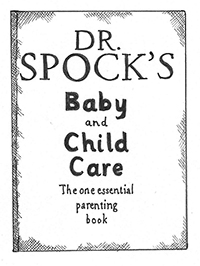Say and Write
-
-

These simple words cover a lot of territory in communication and problem solving. There is an aphorism that says, “when all is said and done, there is more said than done”. The reason for this may be that what is said, is not written down. There are millions of meetings each day, and people rush from one meeting to another. In the process, what was said can be forgotten, or misinterpreted. Therefore, it is a valuable skill to write down the key points and circulate them to all involved. It takes time, but can be the difference between discussion and action.
Once people have something in writing it becomes a focus point for reference. In terms of the Communication and Problem Solving Skills, they all require both talking and writing. The question is, what should come first? If you want a proposal accepted, should you write a paper and circulate it, or talk with people first? When time is short, we often write first and then talk at a meeting. However, people are more likely to read your contribution with more of an accepting eye if they feel that you have discussed the points en route.
All good writers like Dickens, Tolstoy and Victor Hugo had the ability to write about what people in the streets were saying. When you want inspiration, listen to what people are really saying and write about that.
-
Benjamin Spock

Listening to what people say is vital to understanding their state of mind. A key function of a leader is to listen to various opinions and sum them up in a concise written form, so people are able to understand the issues and applications. A person who showed us how to do this was Dr Benjamin Spock. He wrote a number of books as a guide to parents.
"Happiness is mostly a by-product of doing what makes us feel fulfilled" – Benjamin Spock.
-
Applications
In your work, look at the key skills areas and ask:
-
Enquiries – What is the main way in which I do this? Is it via the written form, such as questionnaire, or via face to face or voice to voice questions?
-
Diagnosis – Do I normally make a diagnosis in writing or by talking?
-
Summaries – How do I make summaries and to what extent do I write up notes of meetings?
-
Proposals – Do I write first or talk first?
-
Coordination – To what extent do I set the guidelines and expectations in writing, or by discussion, or both?
-
-